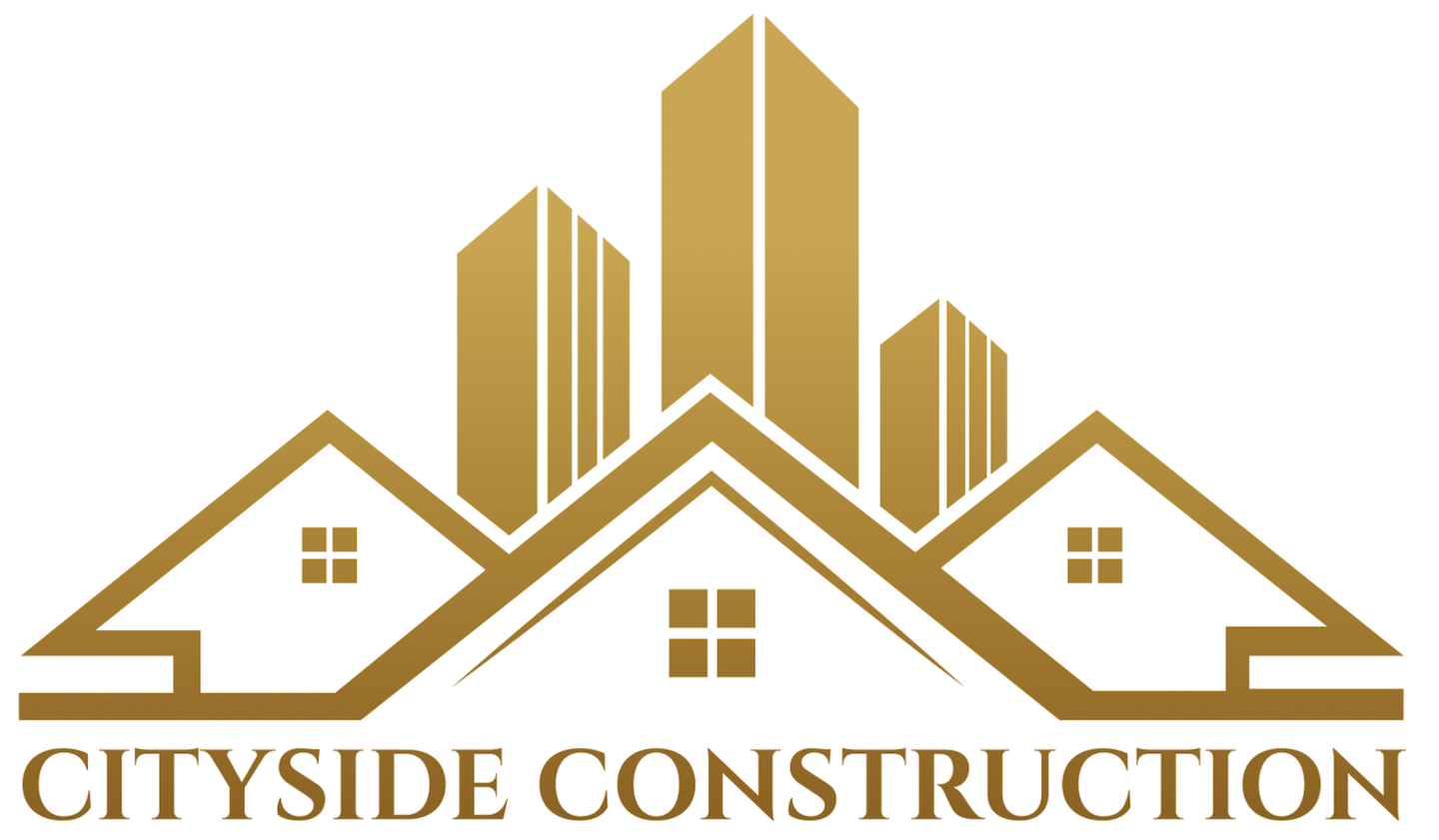
Essential Permitting Tips in Boston: What to Know Before You Build in 2025
If you're planning a home remodel, addition, or new construction project in Boston, securing the proper permits is one of the most important steps in the process. Skipping it—or doing it wrong—can lead to serious delays, fines, or even being forced to undo completed work. As the city continues to modernize its regulations, here’s what Boston homeowners need to know before building in 2025.
1. Know What Requires a Permit
In Boston, most structural, electrical, and plumbing work requires a permit, even if it's inside the home. This includes:
-Home additions or major renovations
-Removing or relocating walls
-Window or door changes
-Decks, porches, and fences
-New driveways or retaining walls
-Kitchen or bath remodels involving plumbing/electrical
-HVAC upgrades
Cosmetic changes like painting, flooring, or replacing cabinets may not require permits—but when in doubt, check with the Boston Inspectional Services Department (ISD).
2. Understand Boston’s Zoning Rules
Before you can get a building permit, your project must comply with local zoning codes. Boston has strict zoning laws depending on the neighborhood, property size, and use. If your design doesn’t meet these requirements (e.g., setback distances or height limits), you may need to file for a zoning variance, which can take extra time and require a public hearing.
Pro Tip: Work with a contractor or architect who’s familiar with your neighborhood’s zoning overlay.
3. Apply Through the BOS:311 Portal
Boston’s permitting system is digital, which means most permit applications are filed through the BOS:311 or HUB Permitting Portal. You’ll need:
-A full set of plans (architectural, structural, etc.)
-Contractor license and insurance info
-Estimated cost of the work
-Plot plans or site plans for additions
Turnaround times can vary. A simple interior permit might be approved in a few days. Larger projects could take weeks or more.
4. Historic District? Special Rules Apply
If your home is located in a Boston historic district (such as Beacon Hill or the South End), your project may need Historic Commission approval before permits are issued. That means more documentation, specific materials, and often additional review boards.
Don’t start work until this is cleared—it can be a costly mistake.
5. Always Schedule Inspections
Once your permit is approved and work begins, don’t forget to schedule the required inspections. Depending on the project, you may need several inspections at different phases—such as framing, electrical, plumbing, and a final sign-off. Skipping inspections can delay your project or prevent you from receiving a certificate of occupancy.
6. Work with the Right Contractor
Hiring a contractor who understands Boston’s permitting process can save you serious time and frustration. A qualified local contractor will help manage filings, anticipate zoning issues, and communicate with city departments throughout the build.
Building Smart in 2025
Permitting may not be the most exciting part of remodeling, but it’s absolutely essential. With updated regulations and more digital tools in place, the 2025 process in Boston is more streamlined—but only if you know how to navigate it.
Trusted By

Ready to talk about your next project?
Ready to talk about your next project?
Serving Greater Boston & Beyond

PHONE
SERVICE AREA
Greater Boston
Not Within Our Service Area?
We’re always expanding and taking on unique projects. Reach out to see if we can make it work. We'd love to hear about your plans.


COMPANY
CUSTOMER CARE
NEWS
FOLLOW US
Subscribe to our Mailing List
Join our investor list for exclusive market updates, project releases, and early access to premium real estate opportunities.
© Copyright 2026. Cityside Construction. All Rights Reserved. (Privacy Policy)
HIC License #216577 - CSL: CS-122098
Get a free quote or call today!